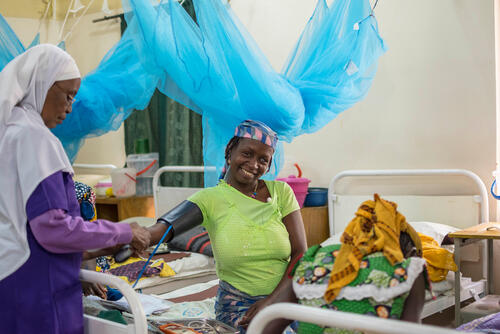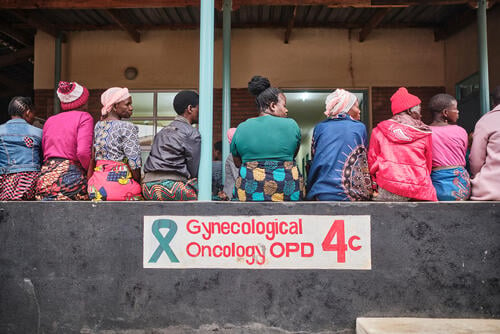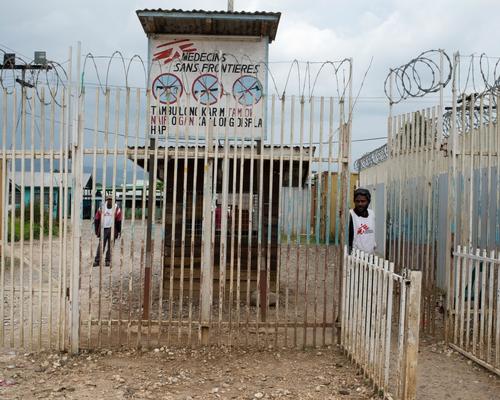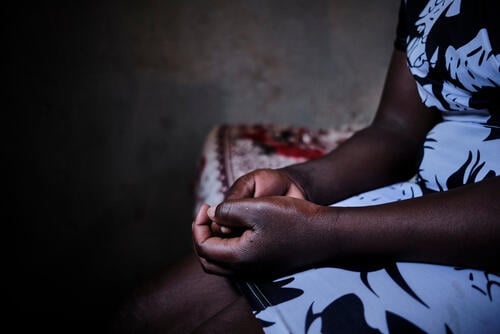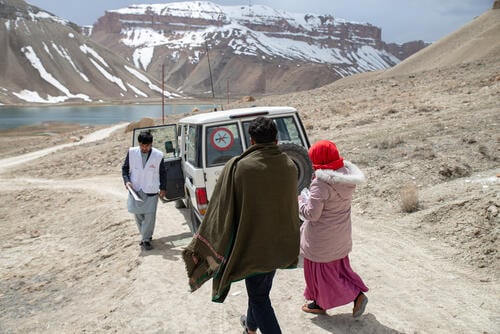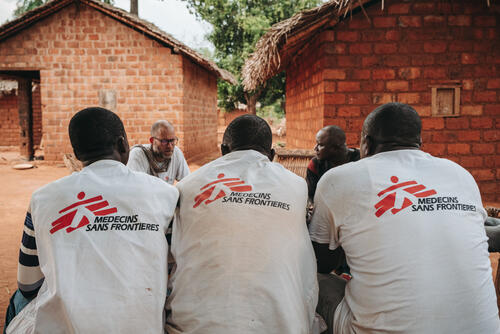Be it in conflict, in a natural disaster, a disease outbreak, or in an HIV programme - women are in need of specific care. Reproductive healthcare is an integral part of the medical care we provide, including in emergencies. In areas where maternal death is high, such as in Afghanistan or the Central African Republic, we've opened specific projects to provide care to women. The five main causes of maternal death are haemorrhage, sepsis, unsafe abortion, complications linked to high blood pressure, and obstructed labour.
For information on safe abortion care, please visit our dedicated page.
Quick Facts

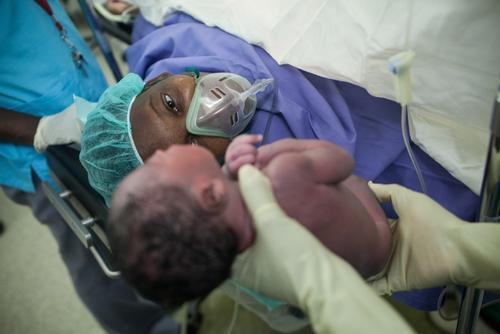
Most maternal deaths occur just before, during or just after delivery. Timely access to qualified staff can be a question of life or death for women experiencing complications during childbirth. MSF works to remedy the 'three delays' women face in receiving care during childbirth: the delay in deciding to seek care; the delay in reaching a health facility; and the delay in receiving adequate treatment at the facility. Apart from emergency obstetric and newborn care we also provide pre- and postnatal care and contraceptive services.

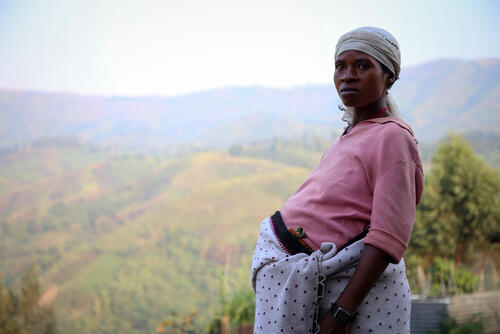
Disease outbreaks can disproportionally affect pregnant women, particularly in later stages of pregnancy. Pregnant women are more susceptible to the effects of malaria infection, which can lead to maternal death, miscarriage or stillbirth. In some of our projects up to 50 per cent of women in antenatal care may test positive for malaria. Hepatitis E has a significantly higher death rate amongst pregnant women, reaching 25 per cent for women in the third trimester. In some cases cholera can lead to premature labour or obstetric complications.


In 2023, our teams provided medical care to over 62,200 victims of sexual violence; most were women and girls, but there is increasing awareness of sexual violence committed against men and boys. The care we offer covers preventive treatment against sexually transmitted infections including HIV, and vaccinations for tetanus and hepatitis B. Timely medical assistance is vital, as HIV prevention has to begin within 72 hours of the assault. Treatment of physical injuries, psychological support and the prevention and management of unwanted pregnancy are also included.
Learn more
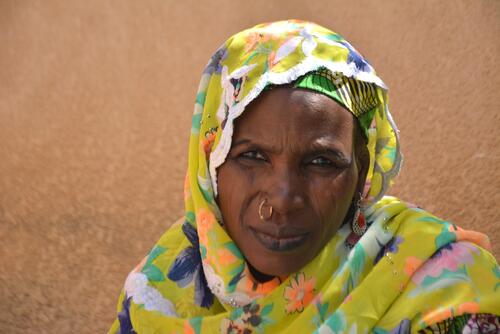
Obstructed and prolonged labour can result in a fistula: a hole between the vagina and bladder, the vagina and rectum, or both. The result is urinary and/or faecal incontinence. Women with fistulas live in shame and are often rejected by their families and communities. The operation to close a fistula requires specialised surgical skills. MSF has organised 'fistula camps' to provide surgery to women with fistula. Fistula can be easily prevented with access to skilled birth attendance and adequate management of obstructed labour, namely caesarean section.

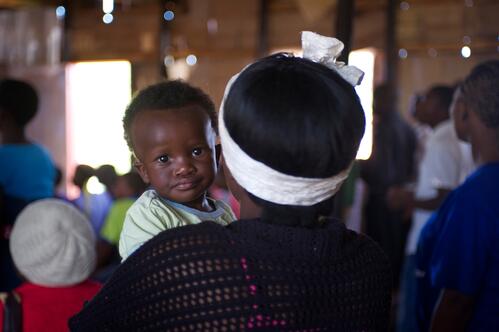
Over 90 per cent of children living with HIV are infected from their mothers during pregnancy, birth, or breastfeeding. Prevention of Mother-to-Child transmission (PMTCT) can reduce the likelihood of transmission to below two per cent. We integrate PMTCT in mother and child care in places with medium- to high-HIV rates, where we need to support other efforts. It includes testing and providing antiretroviral (ARV) drugs to HIV-positive pregnant women, advice on breastfeeding, counselling and preventative ARVs to newborns. If, despite efforts, the baby is infected, then treatment is provided.

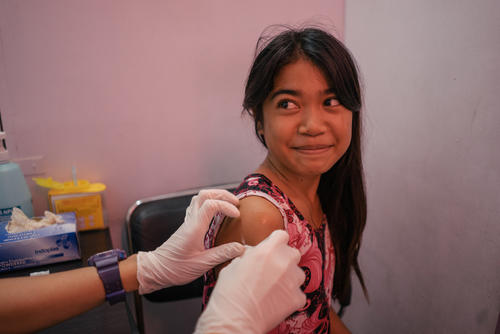
Cervical cancer rates are on the rise worldwide, particularly in the developing world, where the disease is the leading cause of cancer death for women in many countries. In several countries, we conduct cervical cancer screening and treat patients with early-stage disease. We put particular effort into high HIV prevalence contexts as HIV positive women are at much higher risk of cervical cancer, and have provided vaccinations against the human papillomavirus (HPV), one of the main causes of the disease. In 2019, we vaccinated 13,000 girls in Zimbabwe against HPV.

48 hours on the frontline of maternity care
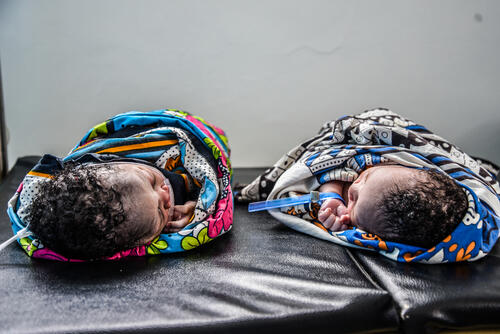
Tales from MSF’s ‘Container Village’ in Likoni
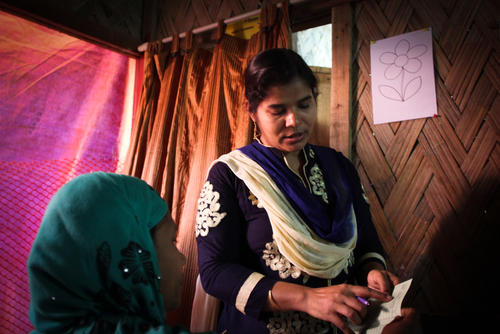
“This feels more like an emergency room than a normal delivery room”

In Diffa, listening spaces have been set up for and by women from the community
Malaria in pregnancy: a call for a safe, efficient, and patient-centred approach to first-trimester treatment
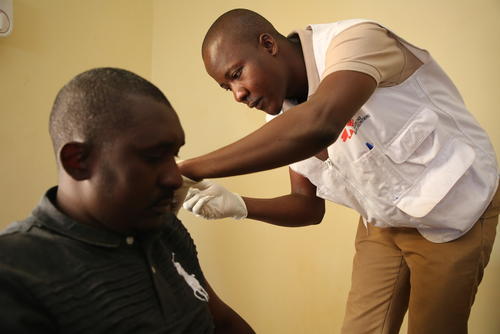
Medical services in northeastern Mali

Because I'm a woman
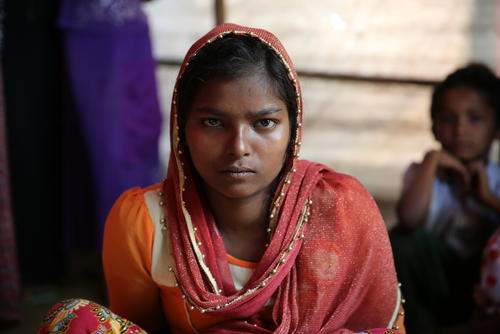
Caring for displaced women
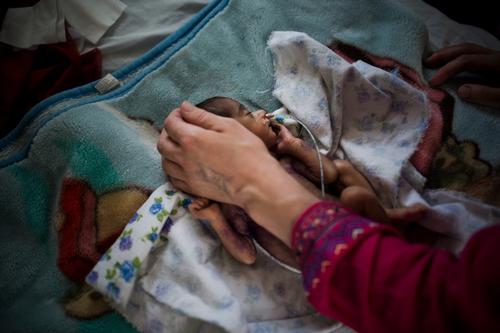
Treating mums and babies in Khost, Afghanistan
Research & Analysis
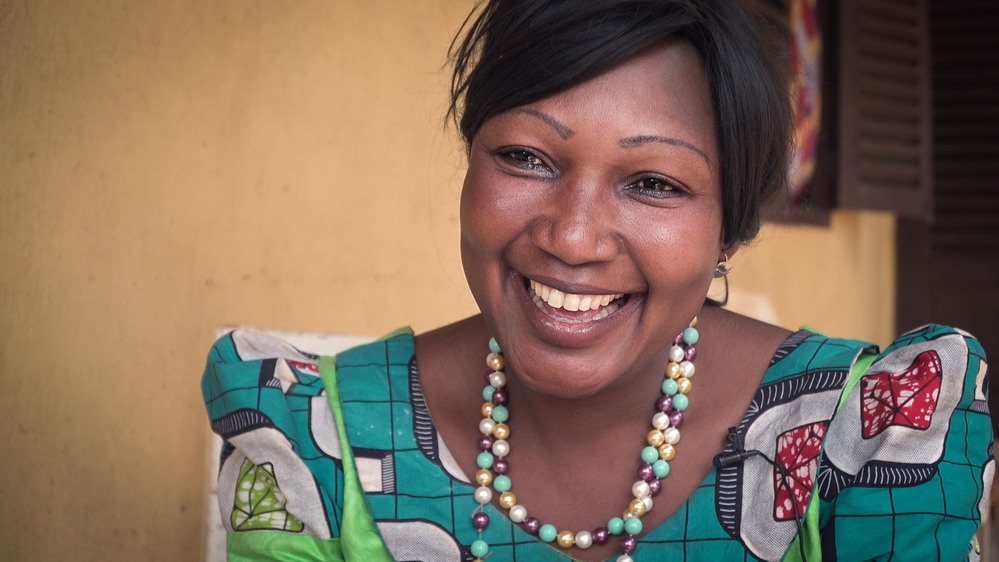
5000 Children of Adele (EN)
The 5000 children of Adele
Adele is a Central African midwife in the country's biggest maternity ward in Bangui.
This is the story of what it's like to help deliver babies under gunshots, but also what it means to be a woman in a country with one of the highest maternal mortality rates in the world.
MSF Women's Health Research
fieldresearch.msf.orgWe produce important research based on our field experience. So far, we have published articles in over 100 peer-reviewed journals. These articles have often changed clinical practice and have been used for humanitarian advocacy. Read all our Women's Health-related articles on our dedicated Field Research website.
